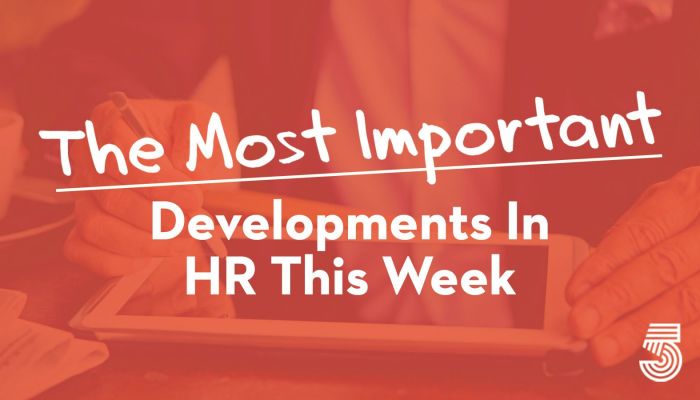The M.I.D., as we call it, is curated by our editorial team from more than 50 news sources. Like a lot of good ideas, this started as something I wanted for myself. If I can’t read everything, I at least want to stay abreast of the most important developments.
This week in HR, HR is burned out (hang in there!), the U.S. nosed toward a four-day week, GenZ wants to work in the office – no! at home! Fast Company profiled cool innovations for HR, and Elon Musk gave a master class in how to obliterate employee morale.

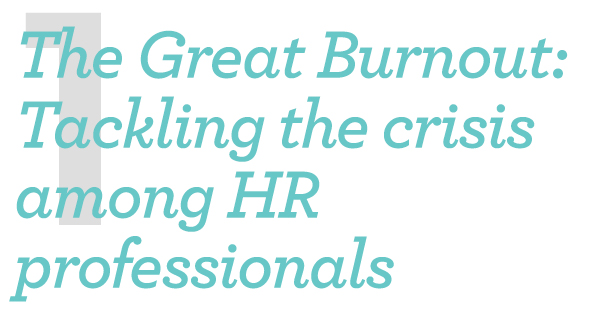
The stress of the pandemic has taken a high toll on many staff members, and HR staff have been taxed in a very particular way. The tasks they were burdened with during the pandemic are those that nobody else in the company would want to have to shoulder, such as being the bearer of bad news with pandemic-related layoffs, coordinating the move of a company’s teams to online, creating ad hoc guidelines to maintain productivity in an untested work scenario, having to stay up-to-date with continually shifting employee vaccination mandates and safety requirements as well as enforcing these guidelines in the workplace. Most recently, amid the Great Resignation, HR departments are squeezing the shrinking candidate pool to try to fill vacancies to keep their companies afloat. The results of these stressful times are clear, as a report by Workvivo published in Forbes revealed that a full 98% of HR staff report feeling burned out. There’s more: 88% say they dread work, 97% say their work has caused them to feel emotionally fatigued, and 73% say they don’t have the tools and resources to do their job well. Only 29% feel that their work is valued by their company. Given all this, it’s unsurprising that 78% of HR professionals would consider leaving their job for another opportunity. HR Executive

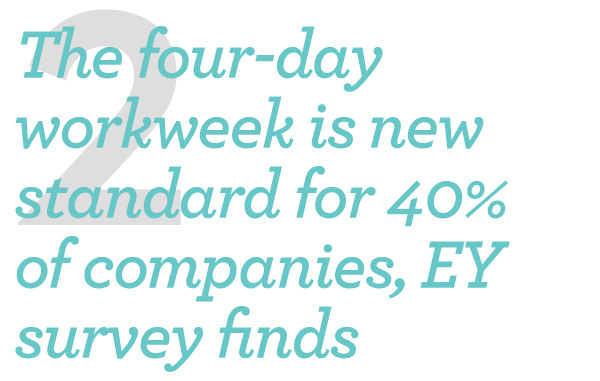
A cooling economy, rising mortgage rates, and mass layoffs have done little to dampen executive demand for expanded office presence and increased flexibility for office workers, a new report from Ernst and Young found. The consulting firm on Wednesday released its second annual EY Future Workplace Index, which showed a growing appetite for hybrid work and an increase in both the use of flexible working options and the presence of a four-day workweek. Forty percent of companies surveyed either have implemented or have begun to implement a four-day workweek, an approach that has gained popularity abroad but has seen little adoption in the U.S. until recently. Hybrid work showed a marked uptick from 2021, the survey showed, with 70% of employers surveyed adopting a hybrid approach, which has employees working from home two to three days a week. CNBC
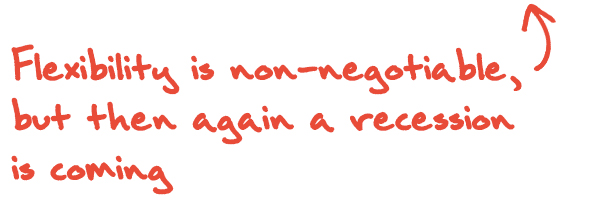
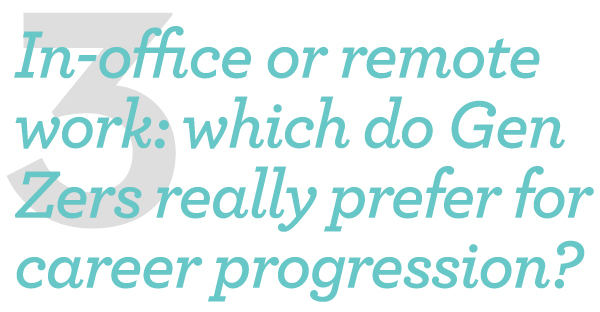
By the end of the decade, members of Generation Z — born between 1997 and 2012 — will make up around 30% of the workforce. Yet where they want to work, and thrive, is much harder to determine right now. A flurry of recent reports analyzing whether Gen Zers would prefer to be in the office or work remotely are wildly contradictory. A global report published in mid-October by Aquent found that 77% of 18- to 24-year-olds are worried that remote work restricts their career progression. However, another report published in November by the Policy Institute at King’s College London and King’s Business School found that Gen Zers in London believed remote working had benefits that could help their career progression. Additionally, many people in this generation have just entered the workforce and have never worked in an office. Considering the mixed picture, what could — and should — employers be doing today to better prepare for tomorrow, when this cohort will lead? WorkLife
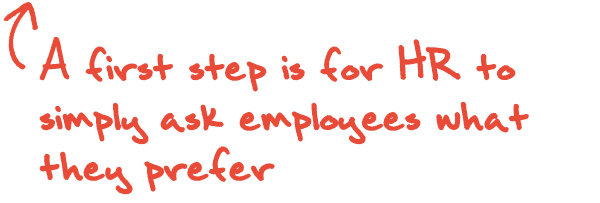
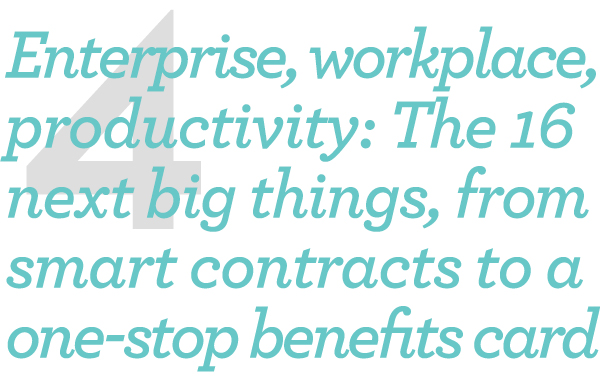
Let’s just say it: The innovations that target business use rather than consumer scenarios usually aren’t all that glamorous. But by applying new technology to old problems, they have plenty of potential to quietly improve our lives. These products and services tackle everything from boring meetings to the important work of making apps and websites more accessible, each in their own inventive way. The companies behind these technologies are among the honorees in Fast Company’s Next Big Things in Tech awards for 2022. One winner: Ironclad, for adding digital intelligence to the contracts of all kinds. Ironclad’s digital contract platform modernizes the necessary but hugely time-consuming process of dealing with everything from NDAs to marketing agreements. It uses AI to digitize existing contracts and offers a centralized collaborative space for both parties involved in a negotiation. And it’s built on Microsoft Word’s DOCX format for compatibility with the ecosystem businesses already use. Fast Company

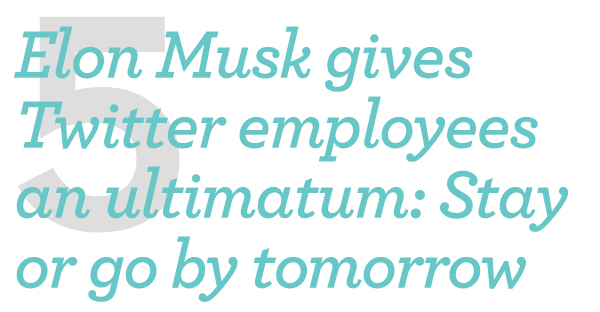
New owner Elon Musk has told remaining Twitter employees they will need to decide by Thursday afternoon whether to stay at the company or quit. In an email to staff entitled “A Fork in the Road,” Musk said Twitter would “need to be extremely hardcore” to succeed. Those who choose to stay should expect long, intense hours of work. Those who leave will receive three months’ severance pay, he wrote. In the ultimatum, Musk wrote that he values engineers over designers, project managers, and other staff in what he envisions will be “a software and servers company.” The combative message is the latest sign of escalating tensions inside Twitter, a company that has been beset by chaos and confusion since the billionaire’s $44 billion takeover in October. NPR






